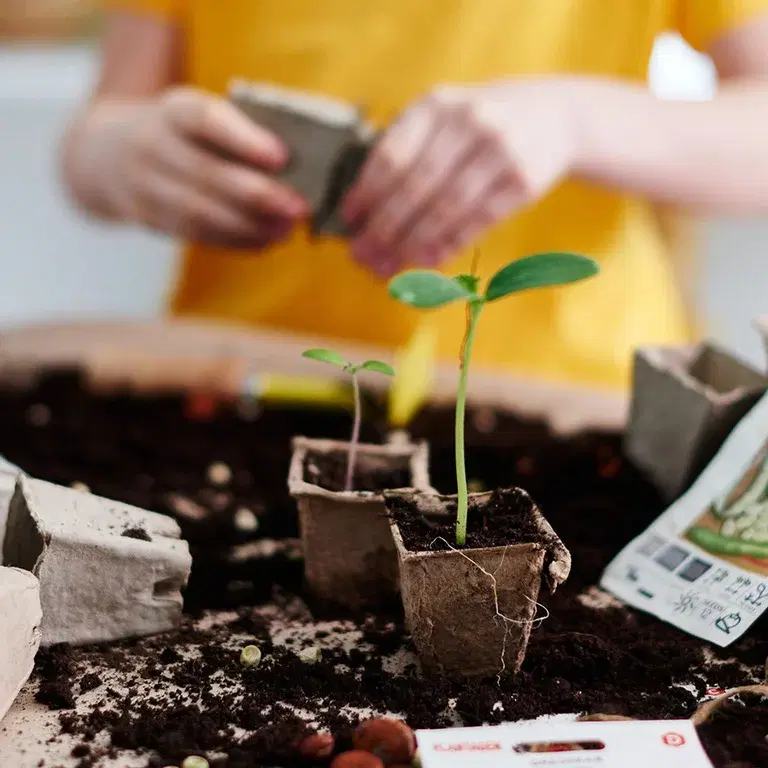Decomposers - soil-producing insects in open fields and flower beds
Soil and fertilizer
We know that soil and microorganisms break down organic material into fine soil. But what insects can do for the soil - and who they really are - is not talked about as much. They do a huge benefit and it's high time to give them some attention.


Written by Liselotte Roll
Swedish garden inspirer, journalist and author of books about nature, cultivation and animals, such as "Soil", "Grow for insects" and "Chickens as a hobby".
Topics:
Soil and fertilizer






